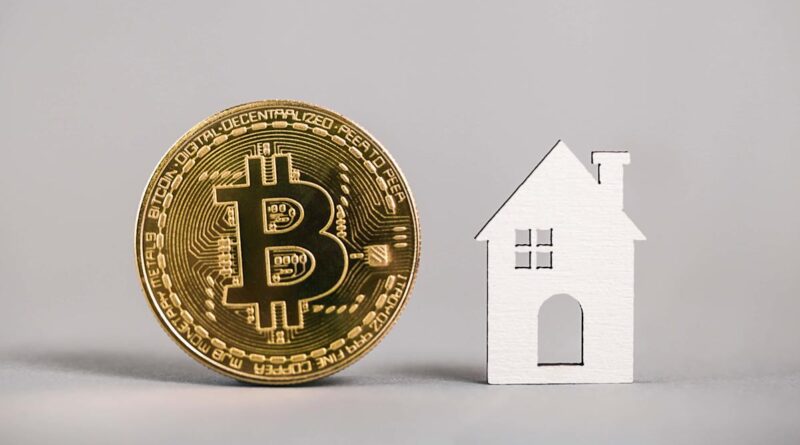Want to use crypto to get a mortgage? It may get a lot easier.
00:00 Speaker A
right now, you can use crypto when you’re buying a house, but it has to be liquidated. So for down payment, it has to be liquidated. For reserves, it has to be liquidated. What Culti has called for, and this isn’t effective yet, but he’s called for Fanny and Freddie to look at how they can use it as reserves without liquidating it, which is critical, because every crypto person I know never wants to liquidate it.
00:45 Speaker B
Jennifer, I’m just curious though why traditionally, and you’ve been in the business a long time, would crypto have been excluded from underwriting frameworks? I mean traditionally, was it because folks thought, listen, it’s it’s too volatile, there’s not enough regulation? What were the reasons?
01:21 Jennifer
I think that the mortgage industry often moves slower. I also think that in the grand banking sphere, there were quite a few naysayers against crypto, saying it wasn’t real money and it was a fad. But as we’ve seen with BlackRock doing a crypto ETF, Chase is now looking at using Bitcoin ETFs as collateral on loans. The sentiments really changed, and I think that’s what’s driving this, as well as the president coming out and saying he wants the United States to be the crypto capital of the world.
02:21 Speaker B
Do you, the actual effects of this, Jennifer, you know, let’s say it happens, would you imagine, okay, there’s going to be just that many more potential hopeful American home buyers who are going to be able to qualify for a loan?
02:56 Jennifer
Yeah, I think we’re removing more barriers. You know, in terms of reserves, a lot of people don’t understand that in situations like, let’s say, it’s an owner-occupied loan. Sometimes if you have a higher debt income or something’s not quite right, more reserves can help get that loan approved. I can have a borrower right now that has $100,000 in crypto, and unless they liquidate that, I can’t use that to strengthen them. So Fanny and Freddie looking at a way to do that, it will help people.
03:54 Speaker B
Do you think, Jennifer, let’s say the price of cryptocurrency falls, would that mean a lender would go back to the borrower and say, hey, you know, you got to put up additional collateral here?
04:28 Jennifer
Uh, I mean it depends. If the loan has not closed yet, yeah, we would be paying attention to that theoretically. But we still don’t know what the guidelines and guard rails on this are going to be. Are they going to treat all crypto coins the same, or is it going to be something like only the, you know, Bitcoin, Ethereum, Ripple? You know, I think Trump said there were about five that he was looking at the United States investing in. Is that what they’re going to be tying it to? We don’t know what the rules are going to be yet, so it’s hard to understand the risk. And that’s what they’re studying is how to do this in a safe manner and still help people get into homes.
05:36 Speaker B
One question I’ve heard asked, Jennifer, I’m curious to get your take on this. I’ve heard some people ask you, you have this sort of established mortgage system and how tough it would be to integrate crypto into that, just tactically and operationally. What do you say to that?
06:05 Jennifer
I think that what they’re talking about right now is more just underwriting. So I don’t think that’s difficult because it’s just going to be, uh, we saw this with restricted stock income. We saw a lot of that in the tech sphere. It’s just the way we look at it. Now, if for instance, you started seeing that down payments, instead of being liquidated from crypto, people were expecting to have that go from the exchange straight to escrow. Yes, that would be a change. However, there’s companies in that space lining up to do that. So I think tech is moving so fast right now. This isn’t the mortgage companies of years back.
